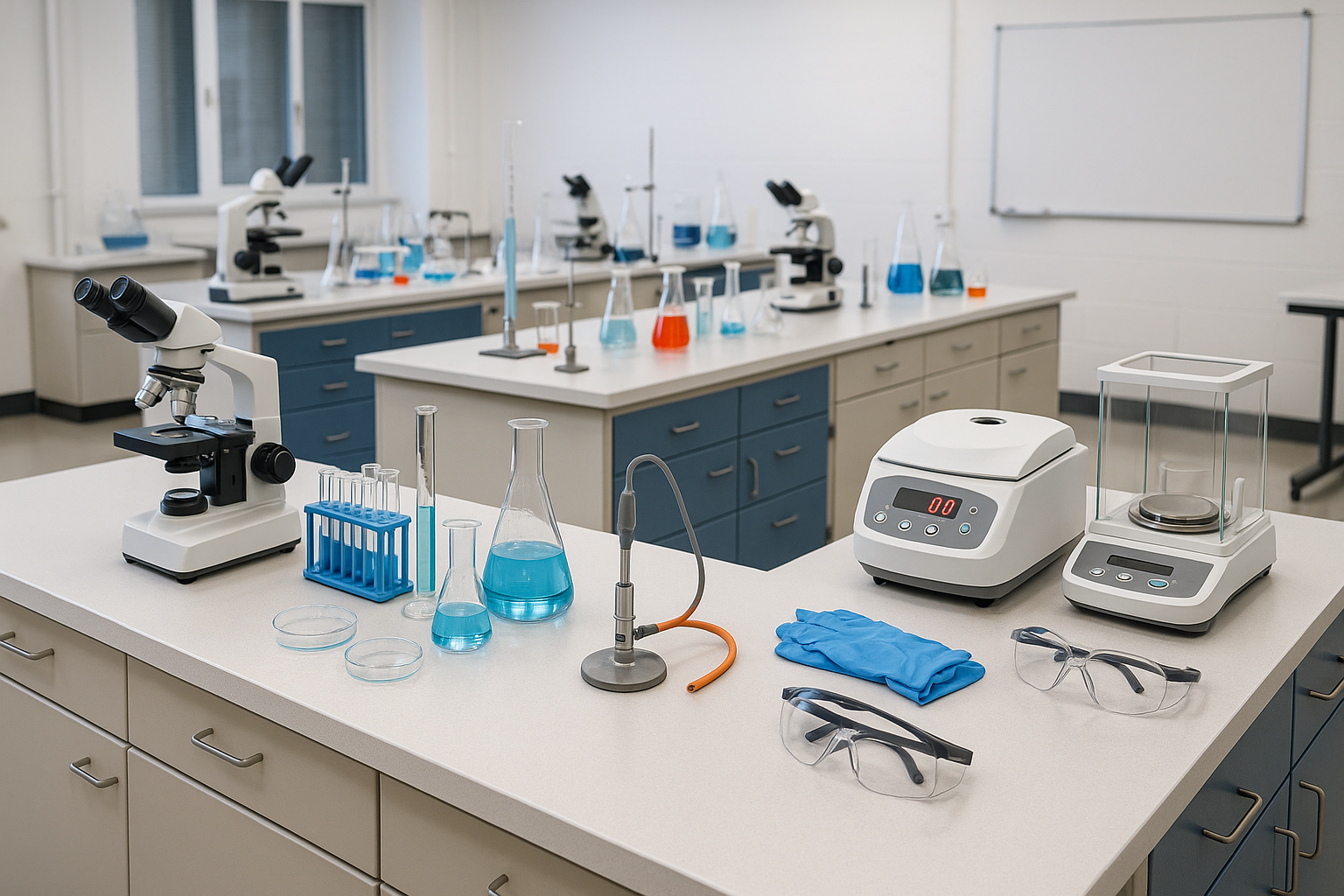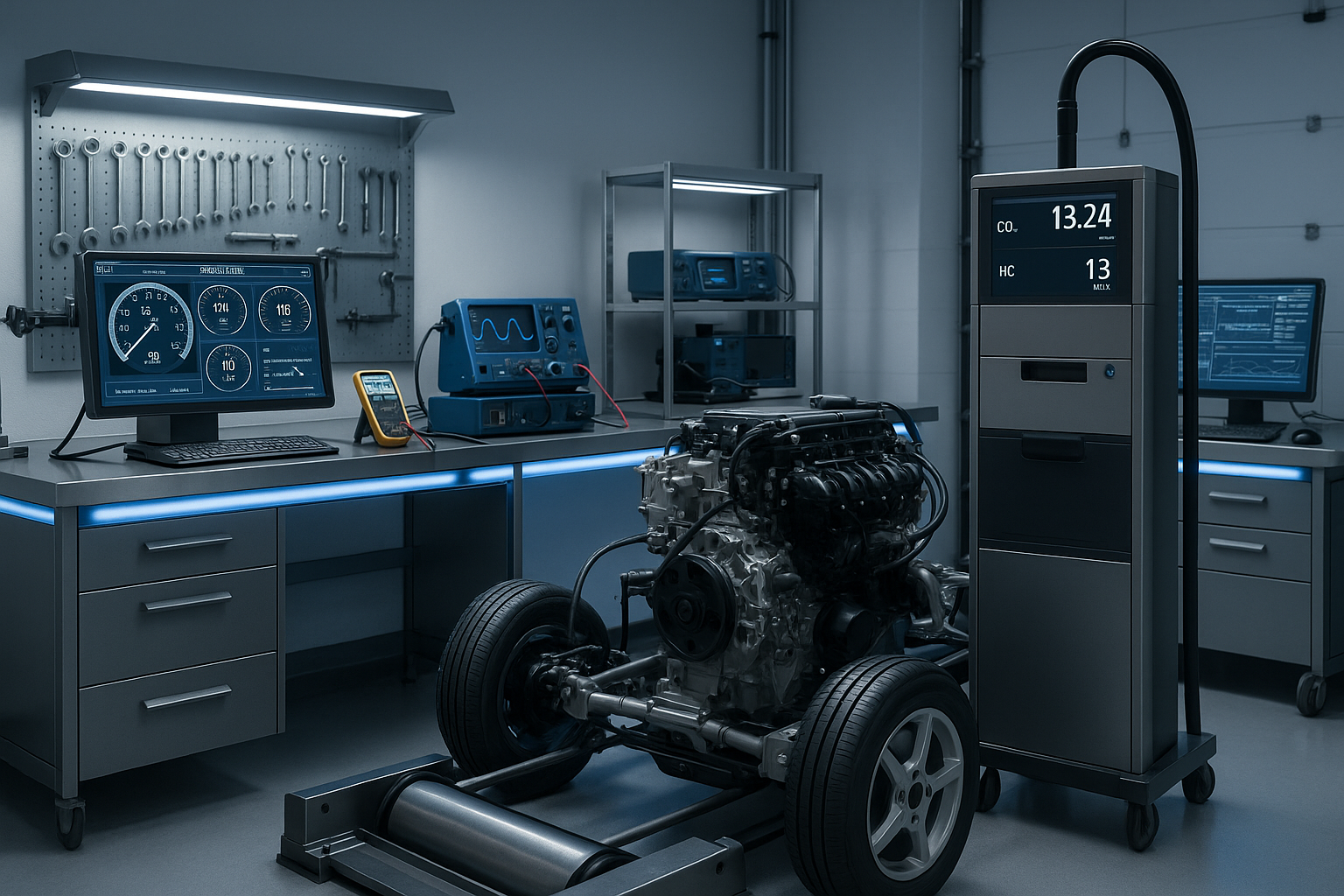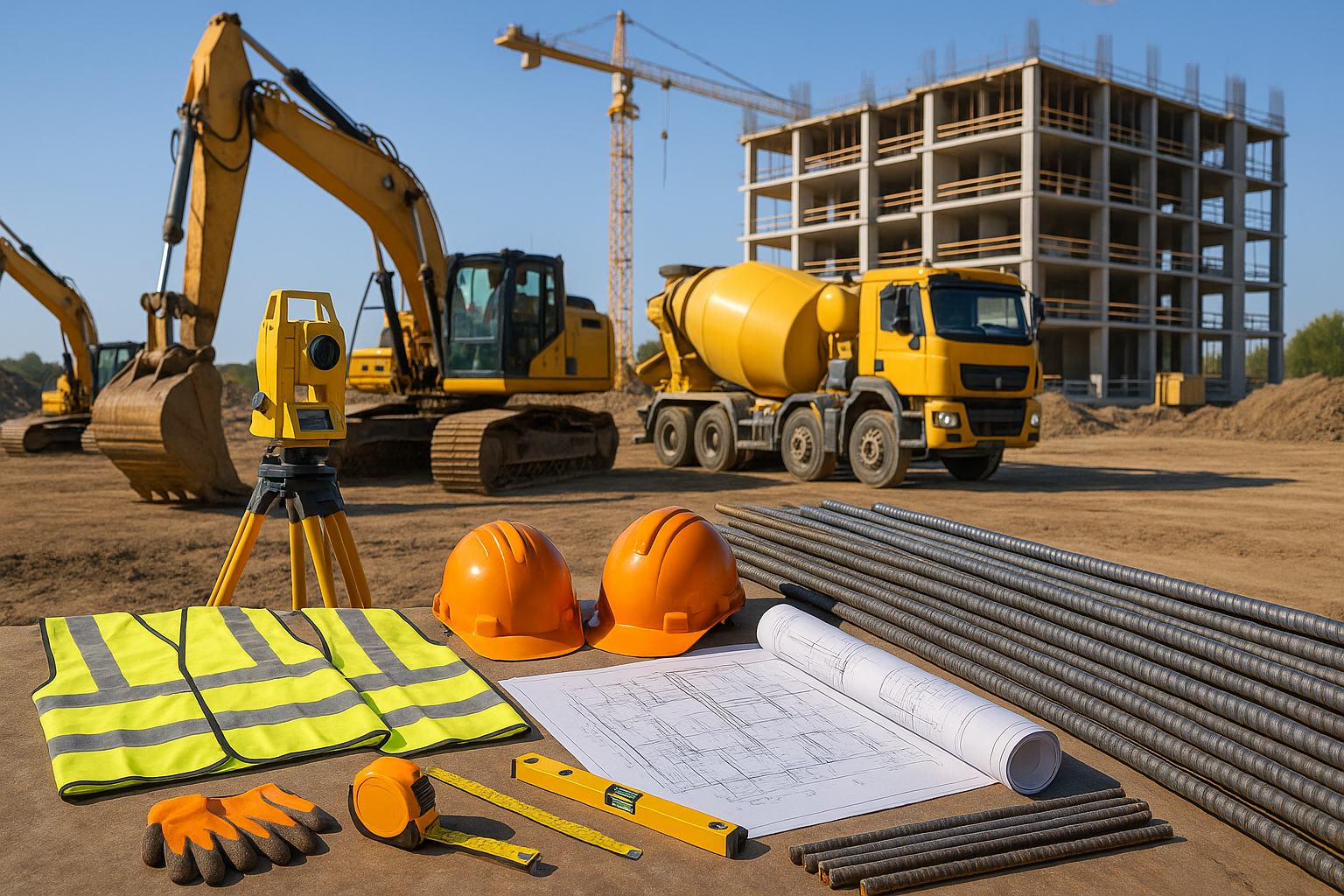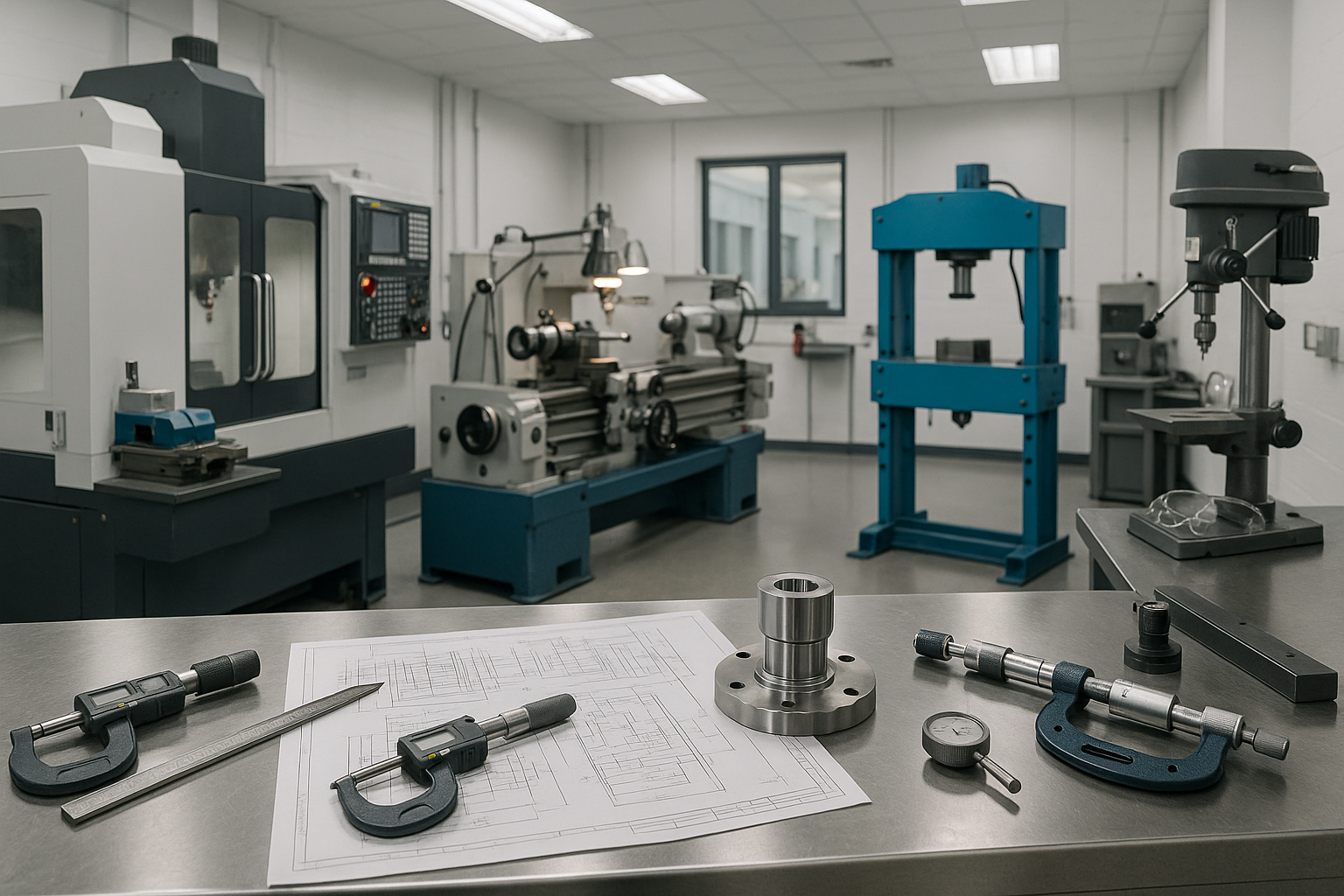Cement Testing Equipment: Key Tools for Reliable Results
Cement testing equipment is crucial for ensuring that the materials used in construction projects meet industry standards and perform as expected. Accurate testing of cement is essential to assess its quality, properties, and performance in various applications. Improperly tested cement can lead to structural failures, making it imperative for engineers and laboratory technicians to utilize the right equipment for reliable results.
Cement testing lab equipment refers to a range of instruments and apparatus used for evaluating and analyzing various properties and characteristics of cement. These equipment are essential for quality control and assurance in the construction industry, ensuring that cement meets the required standards and specifications. Here are some common types of cement testing lab equipment:
-
Vicat Apparatus: This apparatus is used to determine the consistency and setting time of cement. It measures the penetration of a plunger into a cement sample and provides information about the cement's hydration process.
-
Blaine Air Permeability Apparatus: It measures the fineness of cement by determining the specific surface area. The apparatus measures the time taken for a specific volume of air to pass through a cement sample under controlled pressure.
-
Compressive Strength Testing Machine: This machine is used to determine the compressive strength of cement by subjecting a cement sample to a controlled load until failure occurs. It helps in assessing the cement's load-bearing capacity.
-
Tensile Strength Tester: This equipment measures the tensile strength of cement by applying a pulling force to a cement briquette. It evaluates the cement's ability to resist tensile stresses.
-
Soundness Testing Apparatus: It determines the soundness or stability of cement when subjected to alternate wetting and drying conditions. The apparatus measures the expansion of cement samples, indicating its potential for volume change and cracking.
-
Flexural Strength Testing Machine: It assesses the flexural strength of cement by subjecting prismatic cement specimens to a bending load. This test helps evaluate the cement's resistance to bending and cracking.
-
Heat of Hydration Apparatus: This equipment measures the heat generated during the hydration process of cement. It helps in understanding the cement's reactivity and heat release characteristics.
-
Setting Time Apparatus: It determines the initial and final setting time of cement. The apparatus measures the time taken for cement paste to attain specific consistency and hardening properties.
-
Bulk Density Apparatus: It measures the bulk density of cement by determining the mass-to-volume ratio of a given quantity of cement. It helps in assessing the packing and flow characteristics of cement particles.
-
Le Chatelier Apparatus: This apparatus measures the expansion of cement when subjected to high temperature. It determines the potential for volume change and cracking due to heat exposure.
These are just a few examples of cement testing lab equipment. There are several other specialized instruments available for testing specific properties of cement, such as fineness, soundness, setting time, chemical composition, and more. These equipment play a crucial role in ensuring the quality and performance of cement in construction applications.
LABORATORYDEAL India maintains a good quality assurance of all its products and provides lab equipment at affordable and eco-friendly rates. The company provides lab equipment throughout and outside the country and has a network of dealers and distributors in various states, including Andhra Pradesh, Arunachal Pradesh, Assam, Bihar, Chhattisgarh, Goa, Gujarat, Haryana, Himachal Pradesh, Jharkhand, Karnataka, Kerala, Madhya Pradesh, Maharashtra, Manipur, Meghalaya, Mizoram, Nagaland, Odisha, Punjab, Rajasthan, Sikkim, Tamil Nadu, Telangana, Tripura, Uttar Pradesh, Uttarakhand, and West Bengal
There are several types of cement testing equipment used to evaluate different characteristics of cement, such as its fineness, setting time, soundness, and compressive strength. Each piece of equipment serves a specific purpose and provides valuable insights into the quality and suitability of cement for construction projects.
One of the most common pieces of cement testing equipment is the fineness test apparatus. This equipment measures the particle size of cement, which is critical because the fineness affects its hydration and strength development. Using a sieve analysis, technicians can determine if the cement meets the required specifications for fineness, ensuring it will perform effectively in concrete mixes.
The setting time of cement is another vital property that must be assessed. To test this, the Vicat apparatus is widely used. This equipment helps determine both the initial and final setting times of cement by measuring the penetration of a weighted needle into the cement paste. Accurate measurement of setting times is essential for scheduling construction activities and ensuring that the cement sets correctly under field conditions.
Soundness tests are performed to ensure that cement does not undergo significant expansion after setting, which can lead to failure in structures. The Le Chatelier apparatus is often used for this purpose, allowing technicians to measure the expansion of a cement specimen in water. This test helps identify any potential problems that may arise from the use of unsound cement in construction.
The compressive strength of cement is another key factor and is typically evaluated using a compression testing machine. This equipment allows for the application of controlled loads to cement samples, measuring their ability to withstand forces without failing. Understanding the compressive strength of cement is crucial for determining its suitability for various structural applications.
In addition to these tests, other cement testing equipment includes the permeability apparatus, which measures the rate at which water can flow through cement, and the consistency test apparatus, which determines the water-cement ratio needed to achieve the desired workability. Each of these tests provides critical data that ensures the right quality of cement is used in construction projects.
The importance of using calibrated and regularly maintained cement testing equipment cannot be overstated. Regular maintenance and calibration help ensure that the testing equipment provides accurate and reliable results, which are crucial for making informed decisions in construction projects. Furthermore, training laboratory technicians in the use of cement testing equipment is essential for achieving consistency and reliability in testing procedures.
In conclusion, cement testing equipment is an essential component of quality control in the construction industry. The various types of equipment used for testing cement properties ensure that only high-quality materials are utilized in construction projects. By employing the correct testing methods and equipment, engineers and laboratory technicians can confidently assess the quality of cement, which ultimately contributes to the safety and longevity of structures.









